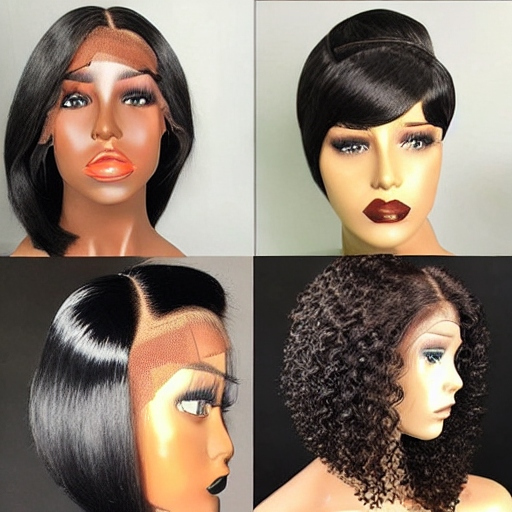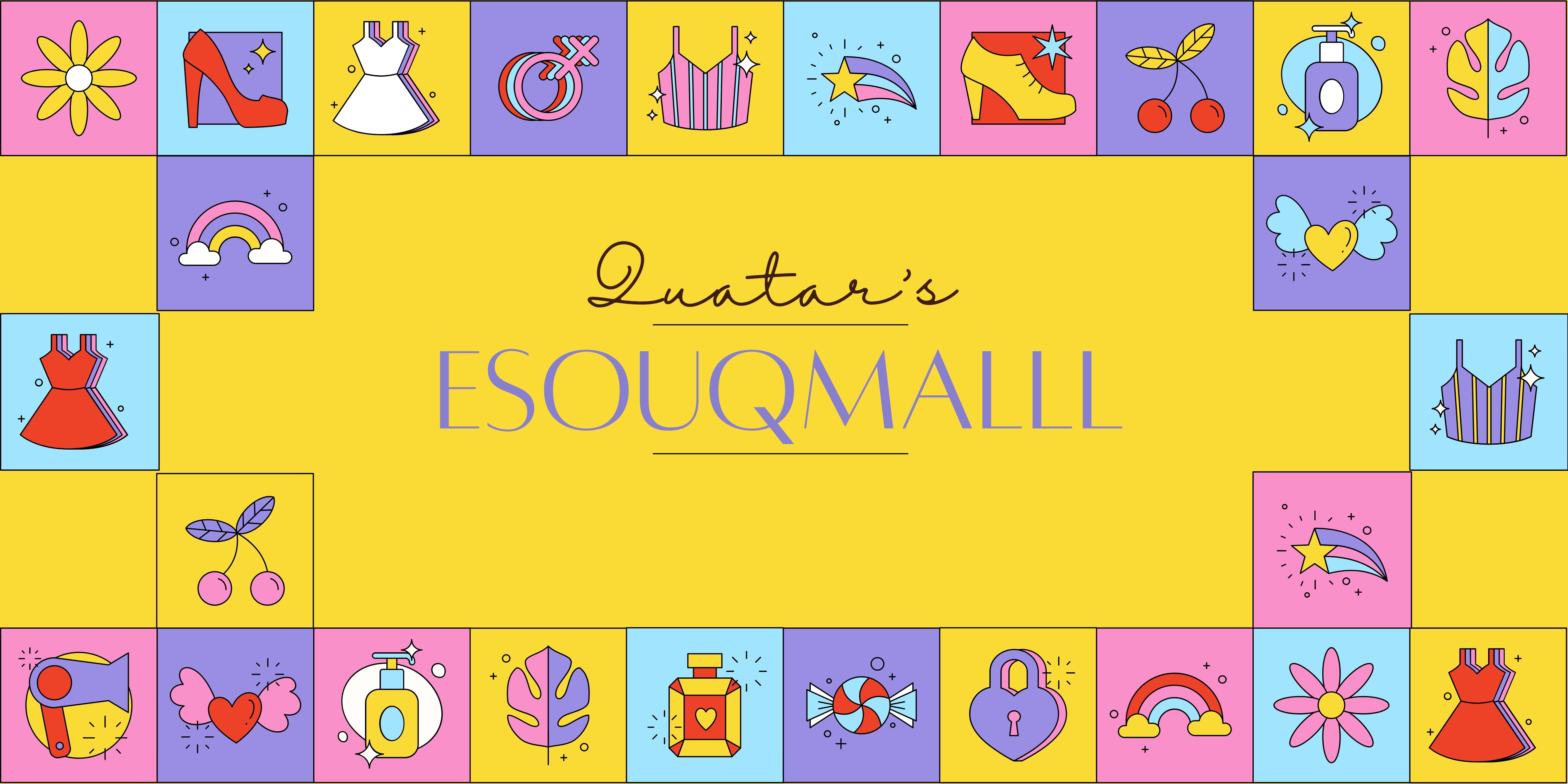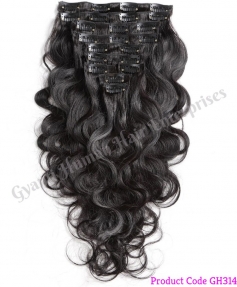The human hair industry has witnessed a significant surge in demand in recent years, driven by the growing popularity of hair extensions, wigs, and other hair-related products. As the industry continues to expand, it is crucial to prioritize ethical sourcing and sustainability practices to ensure the well-being of individuals involved in the supply chain and protect the environment.
Understanding Ethical Sourcing
Ethical sourcing in the human hair industry refers to the practice of obtaining hair from individuals who have voluntarily donated their hair or sold it under fair and transparent conditions. It involves ensuring that no coercion, deception, or exploitation is involved in the hair collection process.
Key Ethical Considerations
- Consent and Voluntariness: Hair donors should provide informed consent and be free from any pressure or coercion to sell their hair.
- Fair Compensation: Hair donors should receive fair and equitable compensation for their hair, reflecting the market value and the time and effort involved in growing and maintaining their hair.
- Child Labor: The human hair industry must be free from child labor. Children should not be involved in any aspect of the hair collection or processing process.
- Ethical Hair Collection: Hair should be collected in a hygienic and safe manner, respecting the dignity and privacy of the donor.
- Transparency and Traceability: There should be transparency in the supply chain, allowing for traceability of hair from the donor to the final product.
Sustainability in the Human Hair Industry
Sustainability in the human hair industry involves minimizing the environmental impact of hair production and consumption. It encompasses practices that promote resource conservation, reduce waste, and support ethical and responsible sourcing.
Key Sustainability Considerations
- Environmental Impact: The production and processing of human hair can have environmental implications, such as water usage, energy consumption, and waste generation. Sustainable practices aim to minimize these impacts.
- Waste Reduction: Efforts should be made to reduce waste generated during the production and processing of human hair, including minimizing packaging and promoting recycling.
- Renewable Resources: Sustainable practices may involve using renewable energy sources for production processes and exploring eco-friendly packaging materials.
- Fair Trade Practices: Supporting fair trade practices in the human hair industry ensures that all parties involved, from hair donors to suppliers, receive a fair share of the profits.
Benefits of Ethical Sourcing and Sustainability
- Enhanced Reputation: Adhering to ethical sourcing and sustainability practices can enhance the reputation of businesses in the human hair industry, building trust with consumers and stakeholders.
- Improved Brand Image: A commitment to ethical and sustainable practices can differentiate businesses from competitors and attract environmentally conscious consumers.
- Risk Mitigation: Ethical sourcing and sustainability practices can help mitigate risks associated with supply chain disruptions, reputational damage, and legal issues.
- Positive Social Impact: By prioritizing ethical sourcing and sustainability, businesses can contribute to positive social and environmental change.
Challenges and Solutions
- Lack of Transparency: One of the main challenges in the human hair industry is the lack of transparency in the supply chain. To address this, businesses can implement traceability systems and partner with suppliers who can provide verifiable information about the source of their hair.
- Ethical Dilemmas: Ethical dilemmas may arise in the human hair industry, such as the trade-off between economic benefits and ethical considerations. Businesses must carefully evaluate these dilemmas and prioritize ethical practices.
- Limited Regulations: In some regions, there may be limited regulations governing the human hair industry. Businesses can voluntarily adopt ethical standards and work towards the development of industry-wide guidelines.
Conclusion
Ethical sourcing and sustainability are essential components of a responsible human hair industry. By prioritizing these practices, businesses can contribute to the well-being of individuals involved in the supply chain, protect the environment, and enhance their reputation. As the demand for human hair products continues to grow, it is imperative for industry stakeholders to embrace ethical and sustainable practices to ensure a positive and responsible future for the industry.


















































































